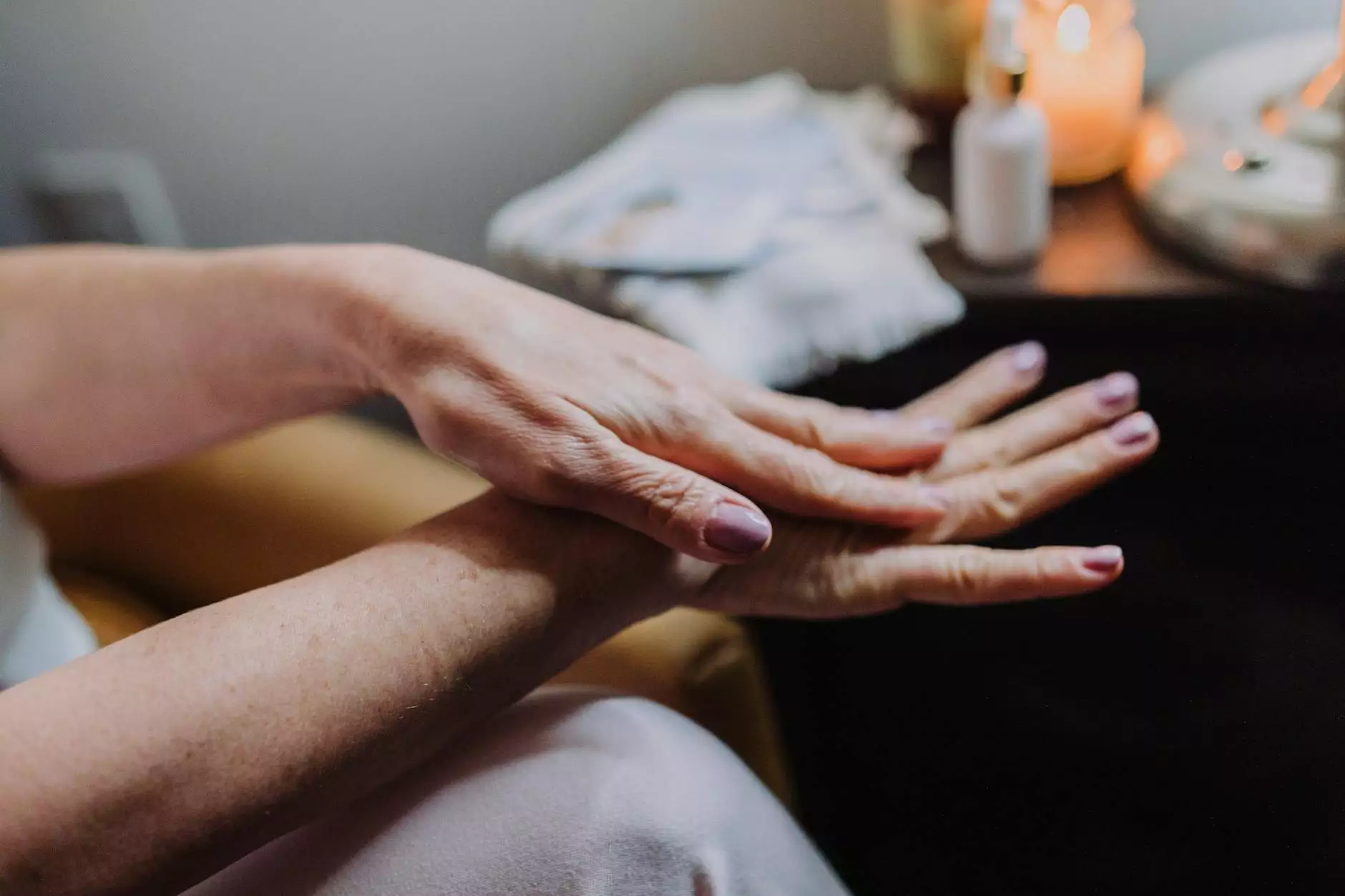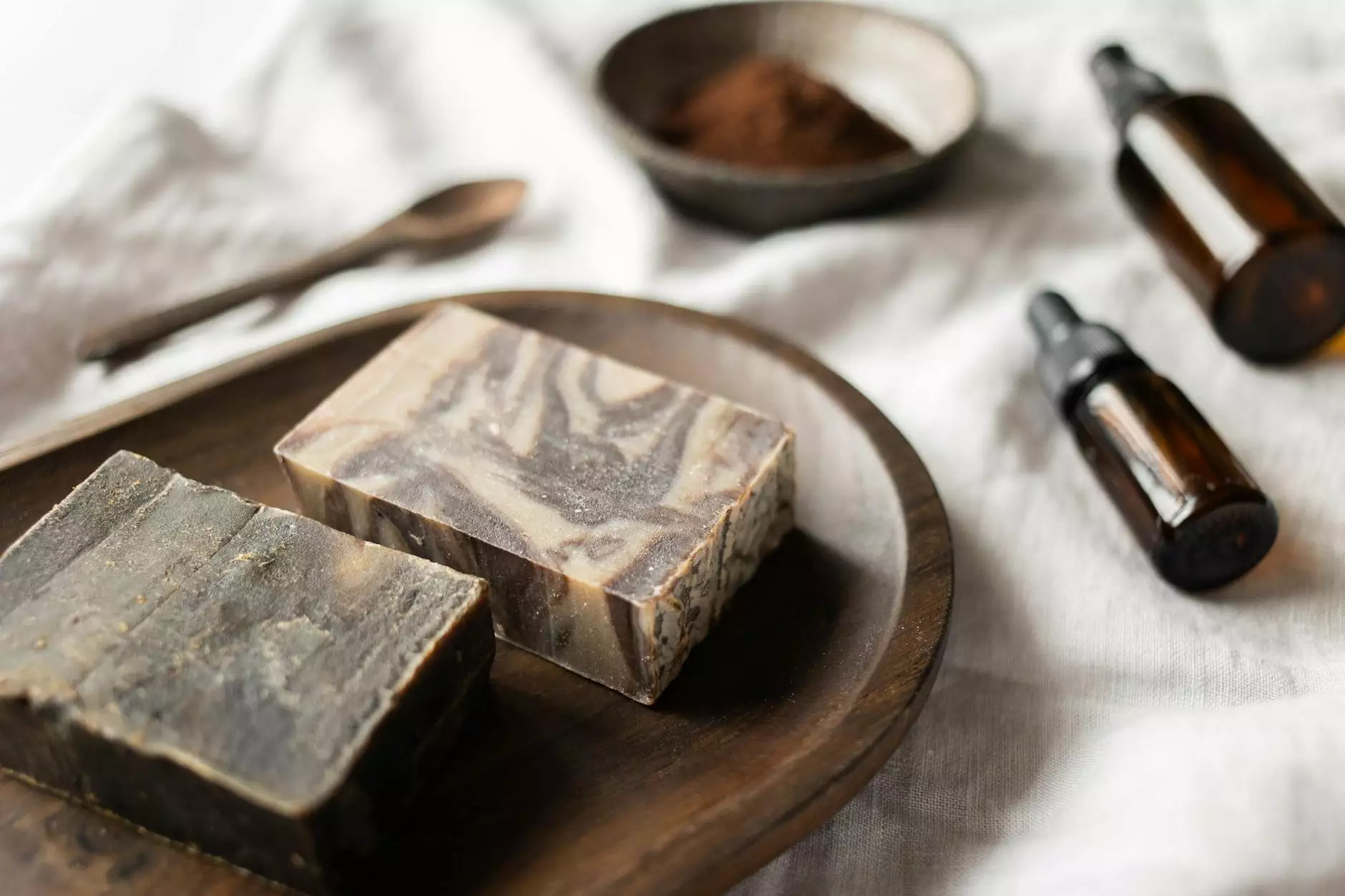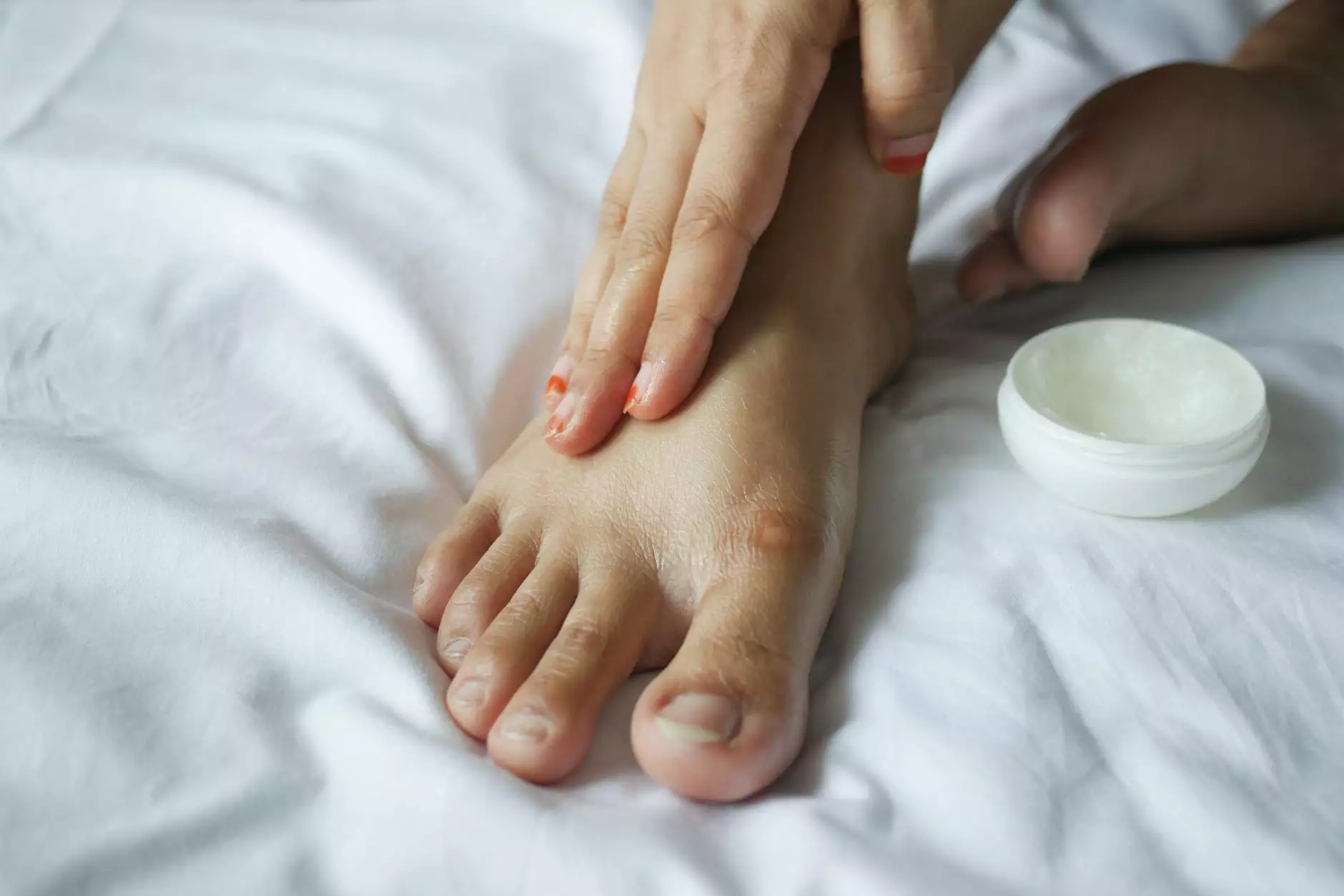Skin Cancers - Understanding the Different Types and Effective Treatments

Introduction
Welcome to The Enchanted Bath's educational library on skin cancers. As a trusted dermatologist serving Charleston, WV, our team is dedicated to providing valuable information on various dermatological conditions. In this article, we will discuss the different types of skin cancers and their treatments.
The Importance of Recognizing Skin Cancers
Skin cancer is the most common type of cancer that affects individuals worldwide. It occurs when abnormal skin cells grow uncontrollably, leading to the formation of malignant tumors. Early detection and treatment are crucial for successful outcomes.
Types of Skin Cancers
There are three main types of skin cancers:
1. Basal Cell Carcinoma (BCC)
Basal Cell Carcinoma is the most common form of skin cancer. It typically appears as a waxy bump, a non-healing sore, or a shiny pink or red growth on the skin. BCC rarely spreads to other parts of the body and is usually found on areas regularly exposed to the sun.
2. Squamous Cell Carcinoma (SCC)
Squamous Cell Carcinoma is the second most common type of skin cancer. It often develops on sun-exposed areas such as the face, ears, neck, and back of the hands. SCC appears as scaly red patches, open sores, or rough, raised growths that may crust or bleed.
3. Melanoma
Melanoma is the most dangerous form of skin cancer but is less common than basal cell and squamous cell carcinomas. It typically presents as an irregularly shaped mole that changes in color, size, or appearance. Early detection is vital as melanoma can spread rapidly to other parts of the body.
Treatment Options
When it comes to skin cancer treatment, various options are available, depending on the type and stage of the cancer. Your dermatologist will evaluate your condition and recommend the most suitable approach. Some common treatment methods include:
1. Surgical Removal
Surgical removal involves excising the cancerous tissue along with a margin of healthy skin. This is a highly effective treatment for most skin cancers, ensuring complete removal of the cancerous cells.
2. Mohs Surgery
Mohs surgery is a specialized technique used to remove basal and squamous cell carcinomas layer by layer. It allows the surgeon to precisely remove the cancerous cells while sparing healthy surrounding tissues.
3. Radiation Therapy
Radiation therapy uses high-energy radiation to destroy cancer cells. It is often recommended when surgical options may not be suitable or in cases where cancer has spread to other areas.
4. Topical Medications
For certain cases of non-melanoma skin cancers, topical medications in the form of creams or gels may be prescribed. These medications help destroy cancer cells and stimulate the body's natural defense mechanisms.
5. Immunotherapy
Immunotherapy is a relatively new approach to treating skin cancers. It utilizes the body's immune system to fight and destroy cancer cells.
Prevention and Early Detection
Prevention is key to reducing the risk of developing skin cancers. Here are some essential tips to protect your skin:
- Apply sunscreen with a broad-spectrum SPF of 30 or higher every day, even on cloudy days.
- Avoid sun exposure during peak hours (10 am to 4 pm).
- Wear protective clothing, such as hats, long sleeves, and sunglasses.
- Perform regular self-examinations to check for any changes in moles or new growths.
- Schedule annual full-body skin exams with a dermatologist.
Conclusion
Understanding the different types of skin cancers and their treatments is essential for maintaining good skin health. If you suspect any abnormal changes on your skin or need professional advice, seek the expertise of a trusted dermatologist. At The Enchanted Bath, our team is dedicated to providing exceptional dermatological care to the Charleston, WV community and beyond. Contact us today to schedule a consultation.










